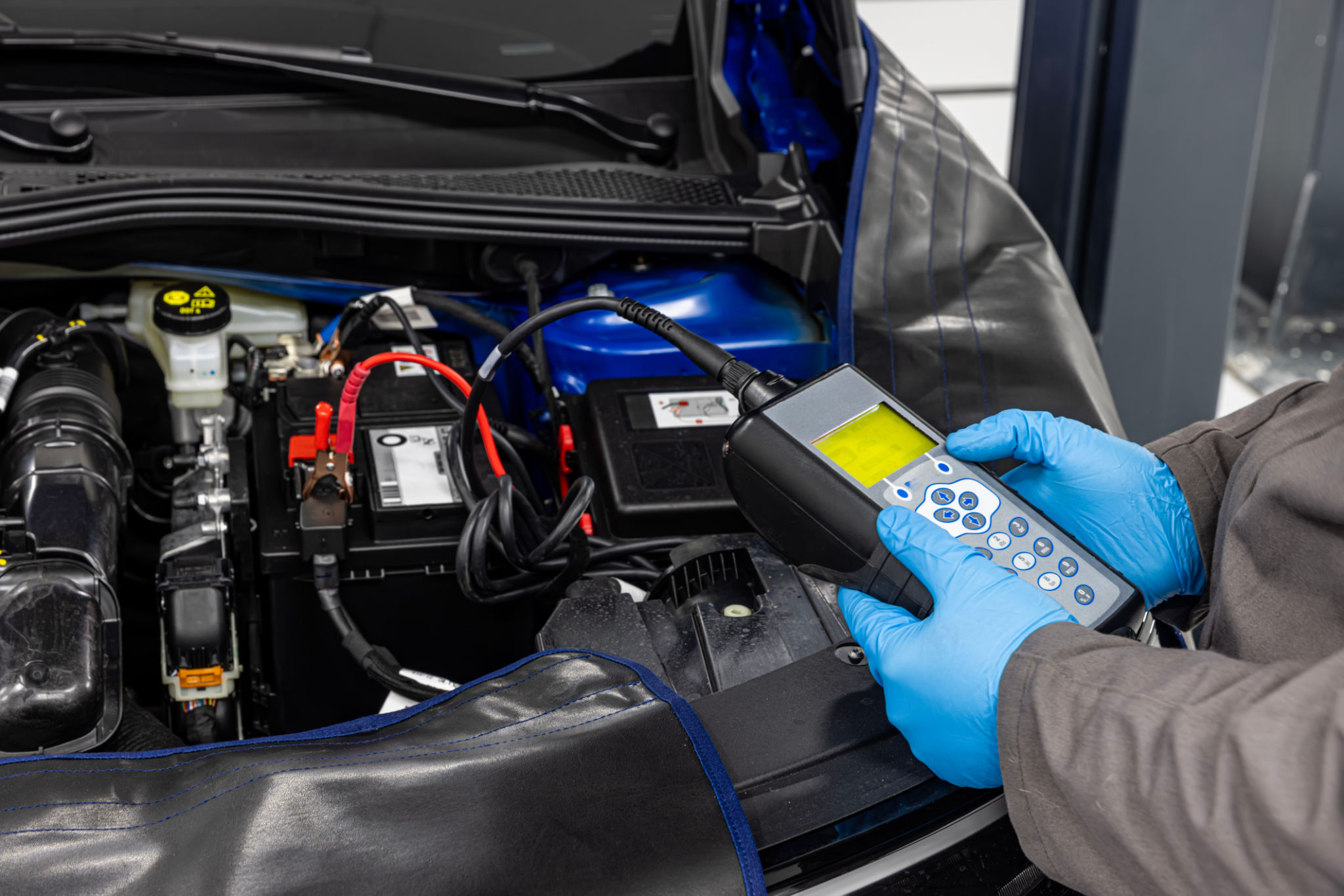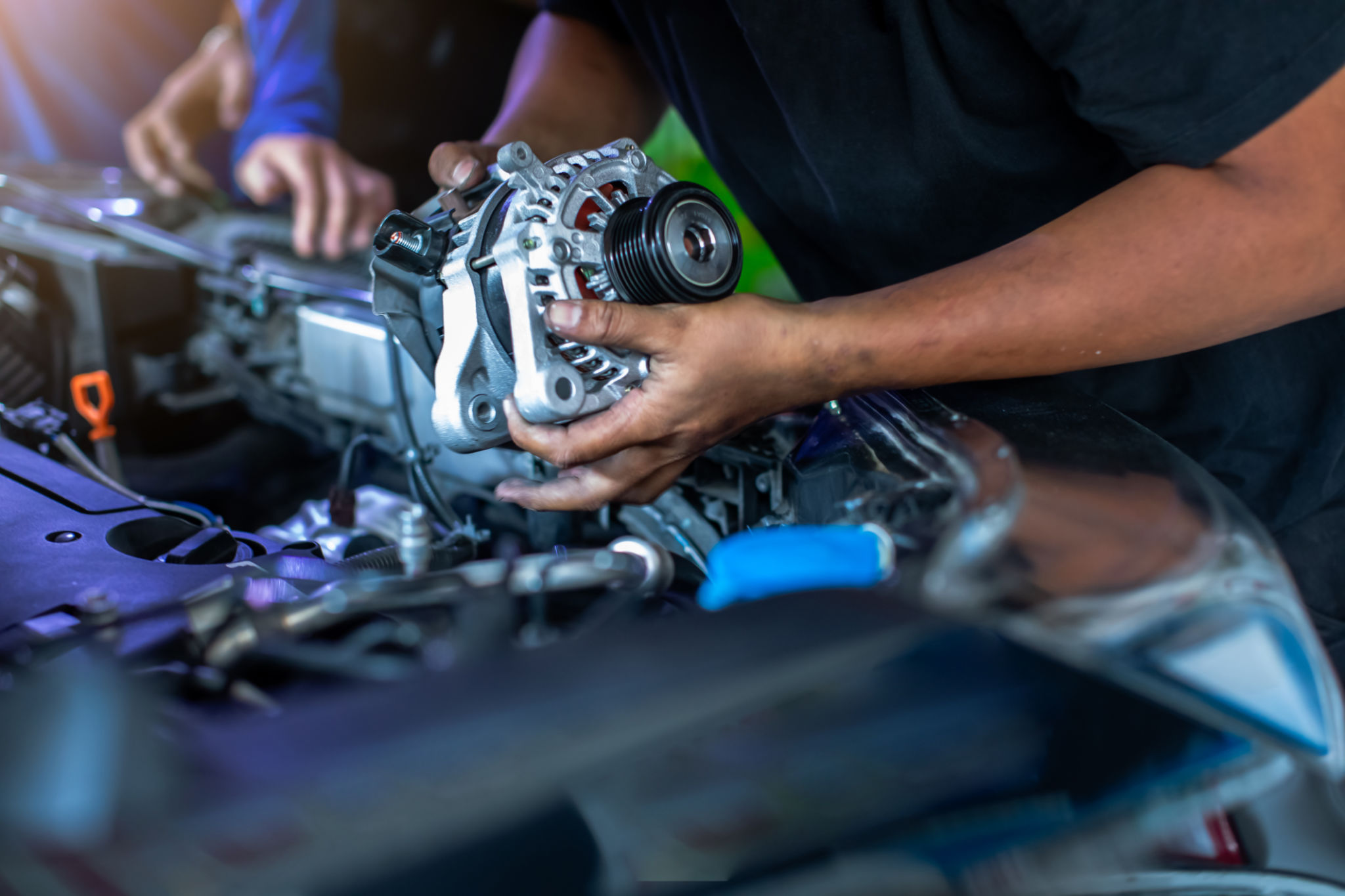Understanding Auto Electrical Systems: A Comprehensive Guide for Bristol Car Owners
Understanding the intricate world of auto electrical systems can be daunting, especially for car owners in Bristol who may not have a technical background. However, having a basic comprehension of these systems can be incredibly beneficial. Not only does it help you maintain your vehicle better, but it also empowers you to identify and possibly prevent electrical issues before they become severe problems.
At the core of any vehicle's electrical system is the battery. The battery provides the necessary power to start your car and powers all electrical components when the engine is off. It's crucial to ensure your battery is functioning optimally, as a failing battery can lead to a host of issues, from dim headlights to a car that won't start.

The Role of the Alternator
Once your car is running, the alternator takes over from the battery, supplying power to electrical systems and recharging the battery. If you've ever noticed your headlights dimming while idling or your battery dying unexpectedly, it could be a sign that your alternator is not working correctly. Regular checks can help prevent alternator issues from leaving you stranded.
Common Signs of Alternator Failure
Recognizing the signs of alternator failure can save you from unexpected breakdowns. Common symptoms include:
- Dim or overly bright lights
- Slow or malfunctioning electrical accessories
- A dead battery
- Odd noises such as grinding or whining

Understanding Fuses and Relays
Your car's electrical system is protected by fuses and relays. These components prevent electrical overload and potential damage to other parts. A blown fuse can result in non-functioning electrical elements, such as power windows or lights. Fortunately, replacing a fuse is relatively straightforward and can often be done by car owners themselves.
How to Check Fuses
To check a fuse, locate your vehicle's fuse box, which is usually under the dashboard or in the engine compartment. Use the diagram on the fuse box cover to identify the fuse corresponding to the malfunctioning component. If the metal strip inside the fuse is broken, it's blown and needs replacing.

The Importance of Wiring and Connectors
The wiring and connectors in your vehicle form the nervous system of your car, relaying power and signals throughout the system. Over time, wires can become damaged or corroded, leading to poor connections or complete failures. Regular inspections can help catch these issues early.
Preventative Measures for Wiring Issues
To prevent wiring problems, ensure all connections are tight and free of corrosion. Using dielectric grease on connectors can keep moisture at bay and extend their lifespan. If you notice any exposed wires or damaged insulation, it’s best to address these issues promptly.

By understanding these key components of your car’s electrical system, Bristol car owners can better maintain their vehicles and potentially avoid costly repairs. Regular maintenance and being attentive to signs of trouble are essential steps in ensuring your vehicle remains reliable and safe on the road.